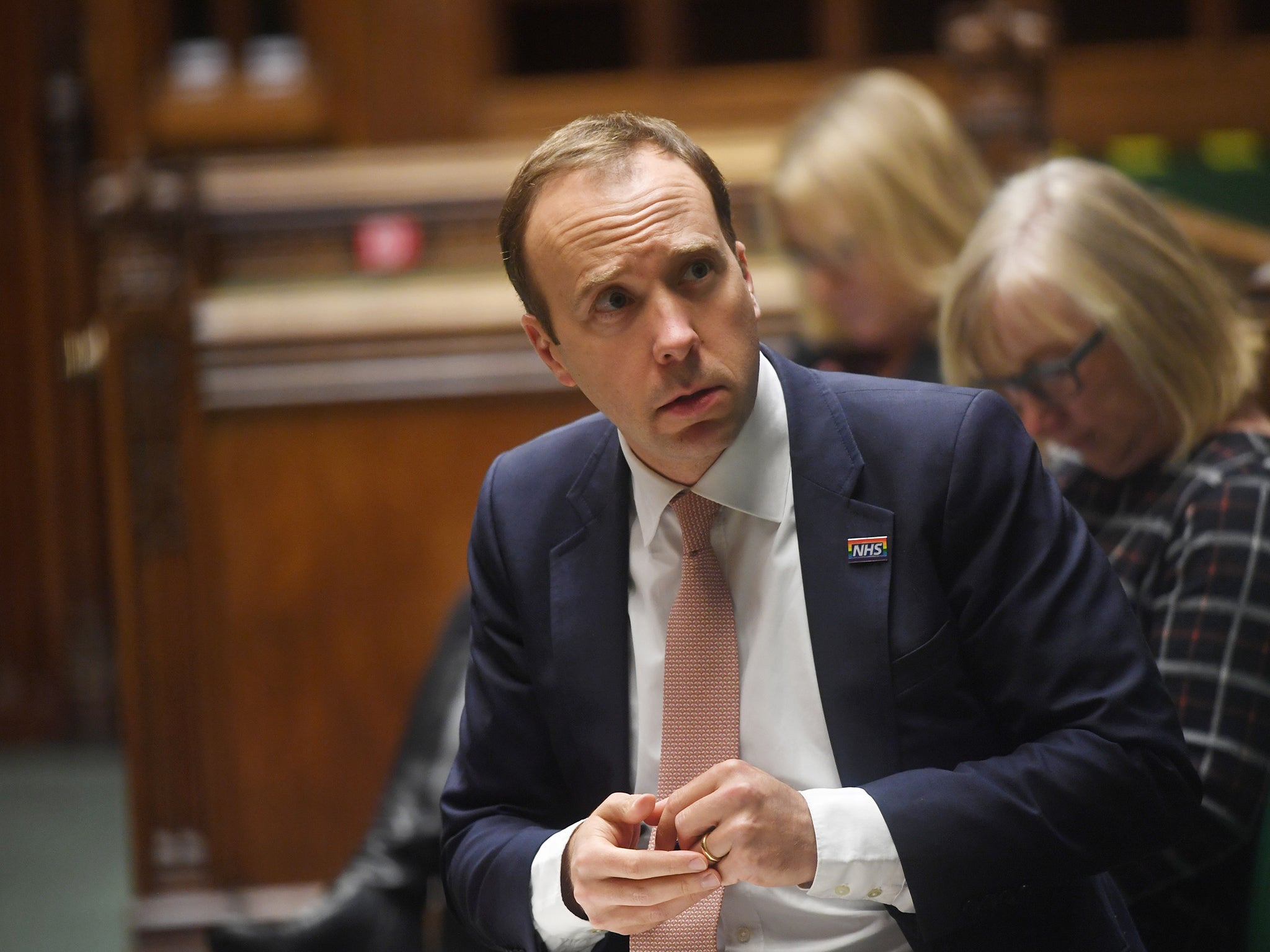Specialist hospitals for people with autism and learning difficulties ‘providing undignified and inhumane care’
Some patients’ human rights at risk of being breached, says regulator

Your support helps us to tell the story
From reproductive rights to climate change to Big Tech, The Independent is on the ground when the story is developing. Whether it's investigating the financials of Elon Musk's pro-Trump PAC or producing our latest documentary, 'The A Word', which shines a light on the American women fighting for reproductive rights, we know how important it is to parse out the facts from the messaging.
At such a critical moment in US history, we need reporters on the ground. Your donation allows us to keep sending journalists to speak to both sides of the story.
The Independent is trusted by Americans across the entire political spectrum. And unlike many other quality news outlets, we choose not to lock Americans out of our reporting and analysis with paywalls. We believe quality journalism should be available to everyone, paid for by those who can afford it.
Your support makes all the difference.Specialist hospitals for people with autism or learning difficulties in England are providing “undignified and inhumane” care that risks breaching patients’ human rights, a watchdog has found.
Inspectors from the Care Quality Commission (CQC), which regulates health and social care services in England, discovered that some mental health hospitals could be “distressing” to those being treated there.
The majority of the 43 wards they visited were deemed to be “noisy, chaotic and unpredictable”, instead of being therapeutic environments. This, along with a lack of specialised training for staff, meant that patients’ needs were not always met, the CQC said.
In certain cases, the regulator even came across patients at these facilities who were unable to access fresh air or a toilet.
The CQC published these and other findings on Tuesday, two years after health secretary Matt Hancock commissioned it to review the use of restraint, seclusion and segregation on autistic people.
CQC’s resulting report, called “Out Of Sight - Who Cares?”, lists a catalogue of failings and calls for an urgent reform to how care services are delivered.
It found that patients were subject to long-term segregation of up to 13 years, adding that 60 per cent of those seen during the review could not leave hospital because of a shortage of adequate care in the community.
Overall, the regulator said that care in the community took a more person-focused approach, compared to hospitals which tended to treat individuals with complex needs "as a condition or a collection of negative behaviours".
Dr Kevin Cleary, the CQC’s deputy chief inspector of hospitals and lead for mental health, said the review showed that the system required “fundamental change” and that early support was needed so that people did not have to be hospitalised.
“People often ended up in hospital because they did not have the right support, early on, in the community at the time they and their families needed it. We found that once in hospital, people were often not receiving specialist treatment and care and there was often nothing in place to support them to leave hospital. There is no excuse for this,” he added.
Jane Harris, director of external affairs at the National Autistic Society, described the revelations as “disturbing”, saying that the current system is “broken” and is failing autistic people.
Ms Harris said that the charity supported the CQC’s proposal for a national specialist commissioner to oversee complex care, adding that the government should provide adequate mental health and social care funding in November’s spending review.
Helen Whately, the care minister, also expressed her alarm at the report, calling it “deeply concerning”.
"I am determined that this level of care should no longer have any place in our health system, and will carefully consider the recommendations in this report,” she said.


Join our commenting forum
Join thought-provoking conversations, follow other Independent readers and see their replies
Comments